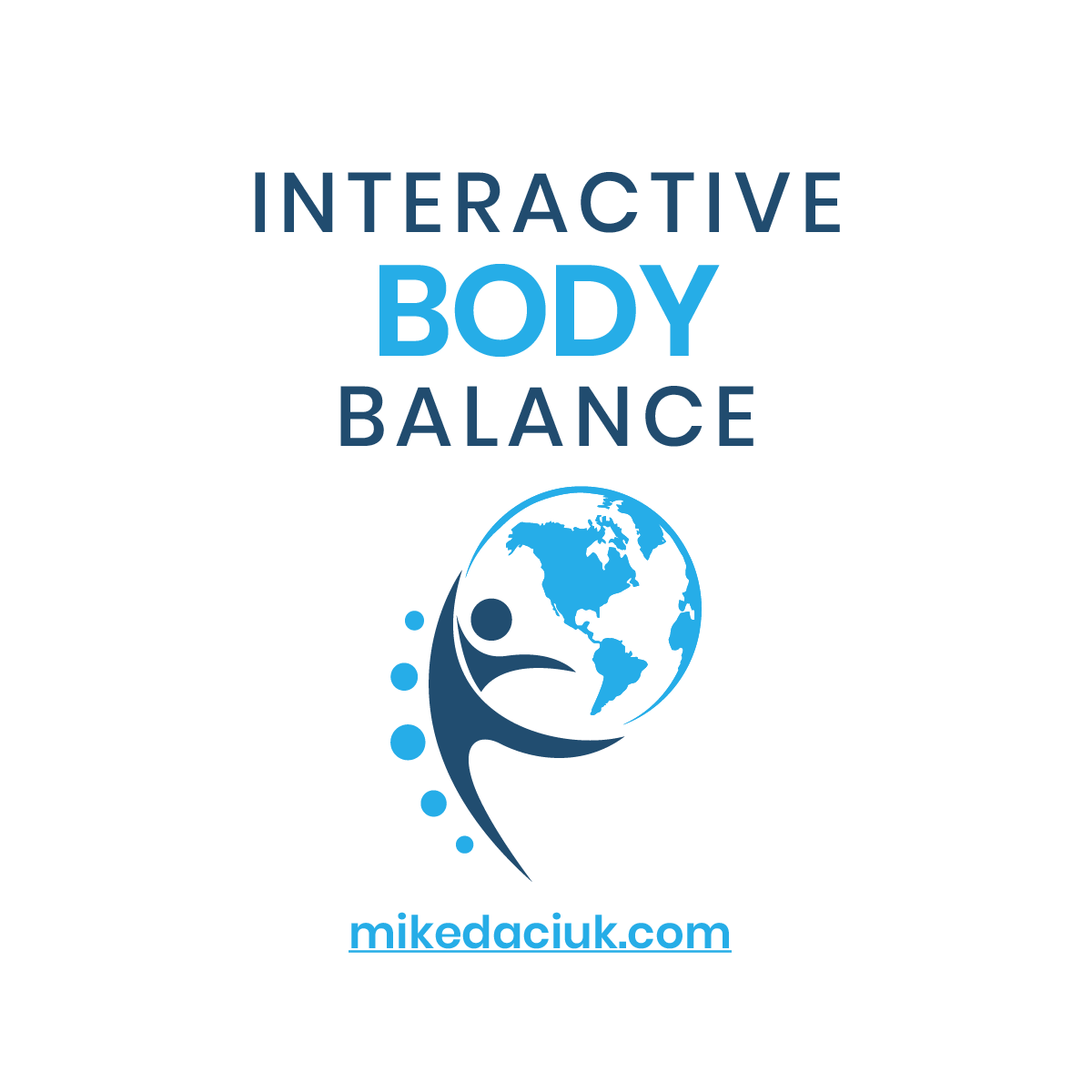Five Dietary Factors to Address if Your Child Has ADHD
Five dietary factors of particular concern are the following. If your child struggles with behavioral difficulties, whether he or she has been diagnosed with ADHD or not, I strongly recommend addressing all of these factors:
- Too much sugar. High sugar content and starchy carbohydrates lead to excessive insulin release, which can lead to falling blood sugar levels, or hypoglycemia. Hypoglycemia, in turn, causes your brain to secrete glutamate in levels that can cause agitation, depression, anger, anxiety, and panic attacks.
Besides that, sugar promotes chronic inflammation in your body, and many studies have demonstrated the connection between a high-sugar diet and worsened mental health.
- Gluten sensitivity. The evidence10, 11 suggesting that gluten sensitivity may be at the root of a number of neurological and psychiatric conditions, including ADHD, is quite compelling. According to a 2011 study,12 celiac disease is “markedly overrepresented among patients presenting with ADHD,” and a gluten-free diet has been shown to significantly improve behavior in kids. The study went so far as to suggest celiac disease should be added to the ADHD symptom checklist.
- Too few beneficial bacteria. As explained by Dr. Natasha Campbell-McBride, a medical doctor with a postgraduate degree in neurology, toxicity in your gut can flow throughout your body and into your brain, where it can cause symptoms of autism, ADHD, dyslexia, dyspraxia, depression, schizophrenia, and other mental disorders. Reducing gut inflammation is imperative when addressing mental health issues,13 so optimizing your child’s gut flora is a critical step. To learn more, please see my previous article, “Are Probiotics the New Prozac?“
- Animal-sourced omega-3 deficiency. Research has shown that kids low in omega-3 fats are significantly more likely to be hyperactive, struggle with learning disorders, and display behavioral problems. Omega-3 deficiencies have also been tied to dyslexia, violence, and depression. A clinical study published in 2007 examined the effects of krill oil on adults diagnosed with ADHD.14 In that study, patients improved their ability to concentrate by an average of over 60 percent after taking a daily 500mg dose of krill oil for six months. They also reported a 50 percent improvement in planning skills, and close to 49 percent improvement in social skills.
- Food additives and GMO ingredients. A number of food additives are thought to worsen ADHD, and many have subsequently been banned in Europe. Potential culprits to avoid include Blue #1 and #2 food coloring; Green #3; Orange B; Red #3 and #40; Yellow #5 and #6; and sodium benzoate, a preservative.
Recent research also shows that glyphosate, the active ingredient in Monsanto’s Roundup herbicide, used in large quantities on genetically engineered Roundup Ready crops, limits your body’s ability to detoxify foreign chemical compounds. As a result, the damaging effects of those chemicals and environmental toxins are magnified, and may result in a wide variety of diseases, including brain disorders that can affect behavior.
http://articles.mercola.com/sites/articles/archive/2013/12/05/adhd-glyphosate.aspx



